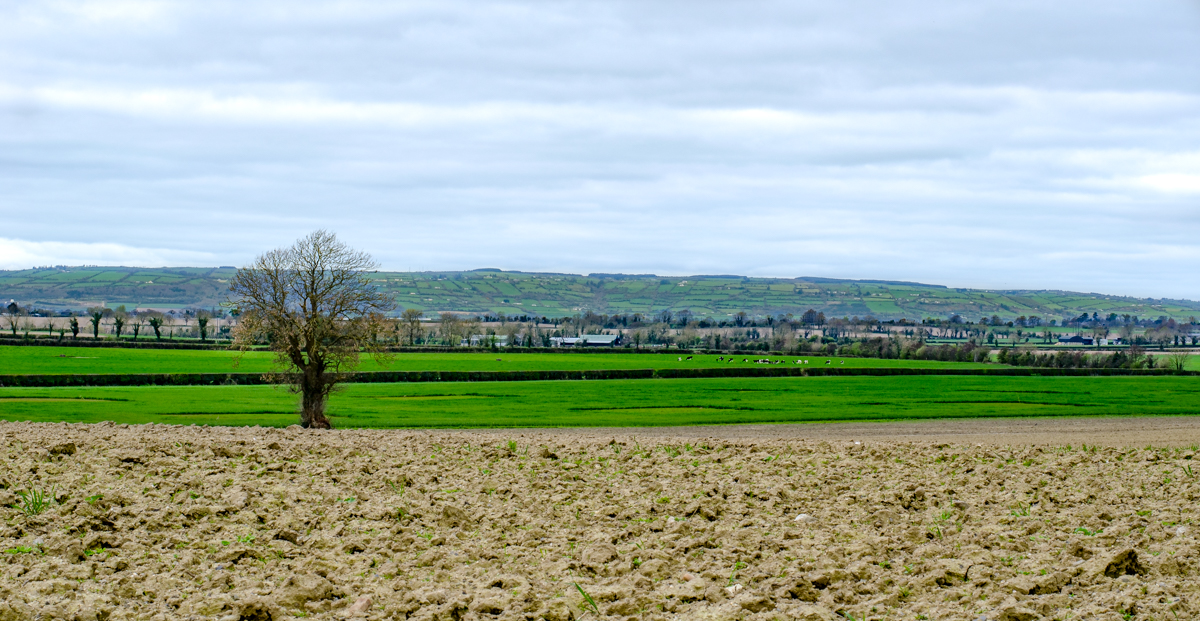More urban dwellers than rural feel that restrictions under Level 5 of the government’s Plan for Living with Covid-19 were ‘too extreme’.
Of those surveyed, over a fifth (22.2%) of respondents in urban areas thought that Level 5 restrictions were ‘too extreme’, compared with a tenth (10.9%) of those living in rural areas.
More than three quarters (77.6%) of those living in rural areas felt the measures were ‘appropriate’, compared with over two thirds (68.3%) of those in urban areas.
Nearly 10% of those living in urban areas and 11.5% of those living in rural areas felt Level 5 response was ‘not sufficient’.
Analysis by age
Analysis by age shows that the likelihood of a respondent feeling that the Level 5 response was ‘appropriate’ increased with age, with 63.2% of overall respondents aged 18 to 34 agreeing that the Level 5 response was appropriate, rising to 88.2% for those aged 70 years and over.
Respondents aged 18 to 34 were most likely to think that the Level 5 response was ‘not sufficient’, while those aged 70 years and over were least likely to agree with this sentiment (13.7% and 6.6% respectively).
More than two in five in rural areas prefer to work at home
More than two in five (41.6%) respondents living in rural areas reported that they would prefer to remain working from home in future. This is more than double the rate for respondents living in urban areas (17.8%).
Nearly 18.5% of urban respondents would prefer to return to place of work compared with 7.9% of rural respondents. Nearly two in three (63.7%) and one in two (50.5%) of urban and rural respondents respectively would prefer a mixture of both.
